Hate- and bias-motivated incidents have spiked since the election of Donald Trump. Between November 9 and November 14, the Southern Poverty Law Center collected 437 reports of hateful intimidation and harassment, including hate speech, publicly drawn swastikas, and forced removal of hijabs. In the last 10 days, the Council on American-Islamic Relations has recorded 111 incidents specifically targeting Muslims, most often against women wearing hijabs.
In response, Chicago-based behavioral therapist Zaineb “Zee” Abdulla developed a “Hate Crime Defense Seminar” designed for Muslim women. With the help of Misho Ceko, the head instructor at Chicago Mixed Martial Arts, Abdulla designed moves for defending against strangers grabbing a headscarf. The tactics are based on Brazilian jiu jitsu techniques.
This move is for fending off people grabbing your hijab from the front:
This move is for fighting a hijab grab from behind:
Islamophobic activity in America has been rising for years. The FBI reported 257 assaults, attacks on mosques, and other anti-Muslim hate crimes in 2015 (67 percent more than in 2014).
(Also see: Using jiu jitsu to combat mental illness)
Likewise, self-defense classes for scarf-wearing Muslim women—whose more visible religious identity leaves them bearing the brunt of this violence—are nothing new. But they are growing in the wake of Trump’s election.
“In this post-election hate crime spike, self-defense is more important than ever,” Abdulla said on her Facebook page. “Practice … until it becomes muscle memory and teach your body to react before thinking.”
In addition to Abdulla’s seminar, the Women’s Initiative for Self Improvement, which toured its anti-hate crime classes around the country this year, is ramping up its own anti-hate crime self-defense event programming. WISE is hosting a class in Ann Arbor, Michigan, on Saturday and one in Queens, New York, on Sunday. You can find future events here.
















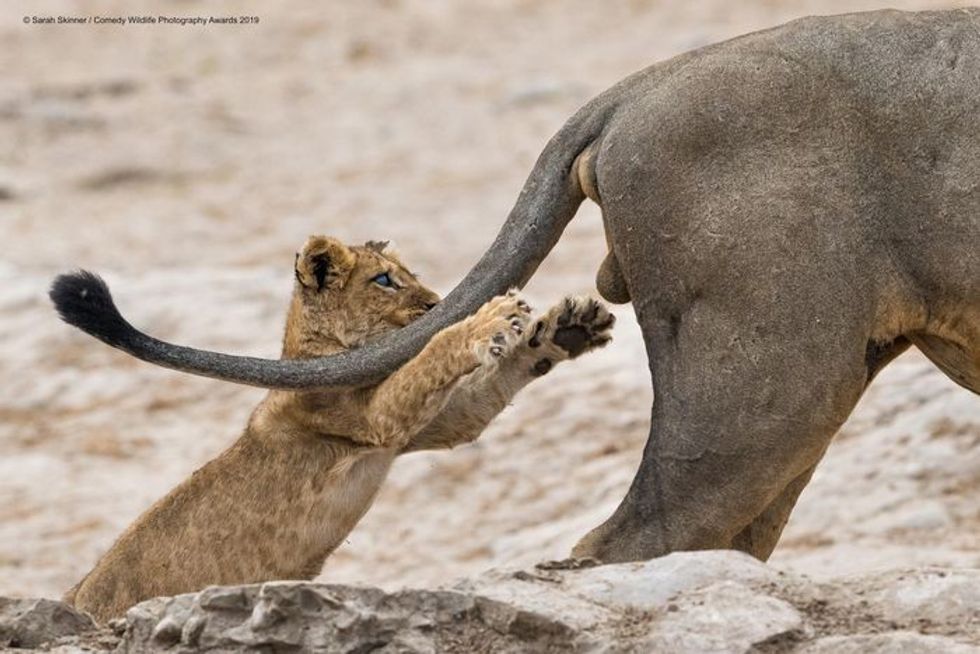 A young lion playing with an older animal
A young lion playing with an older animal A colorful bird appears to be yelling at it a friend
A colorful bird appears to be yelling at it a friend An otter appears like it's holding its face in shock
An otter appears like it's holding its face in shock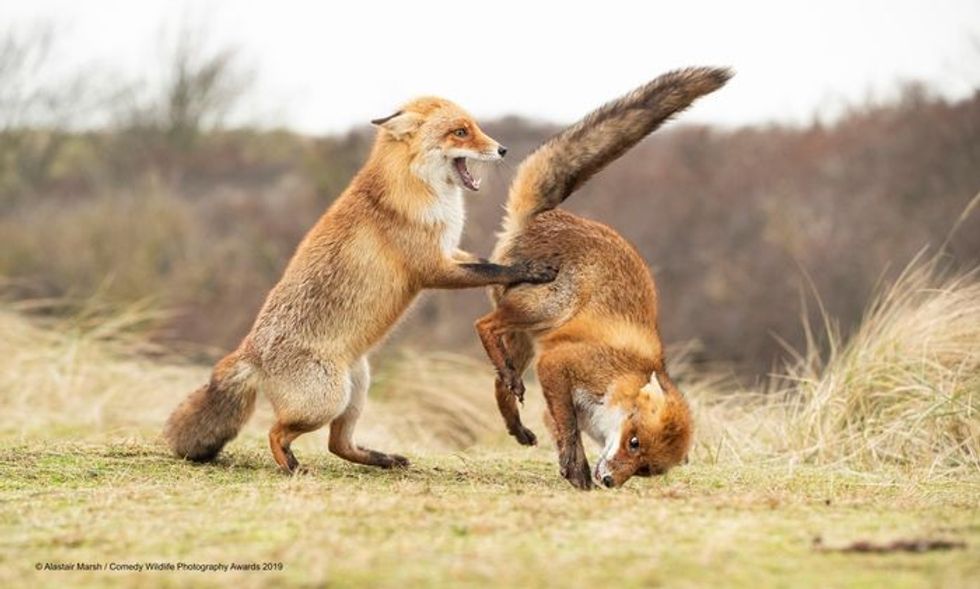 Two young foxes playing in the wild
Two young foxes playing in the wild Two otters appear to be laughing together in the water
Two otters appear to be laughing together in the water A fish looks like it's afraid of the shark behind it
A fish looks like it's afraid of the shark behind it A bird appears to be ignoring their partner
A bird appears to be ignoring their partner A squirrel looks like it's trapped in a tree
A squirrel looks like it's trapped in a tree A bear holds hand over face, making it appear like it's exhausted
A bear holds hand over face, making it appear like it's exhausted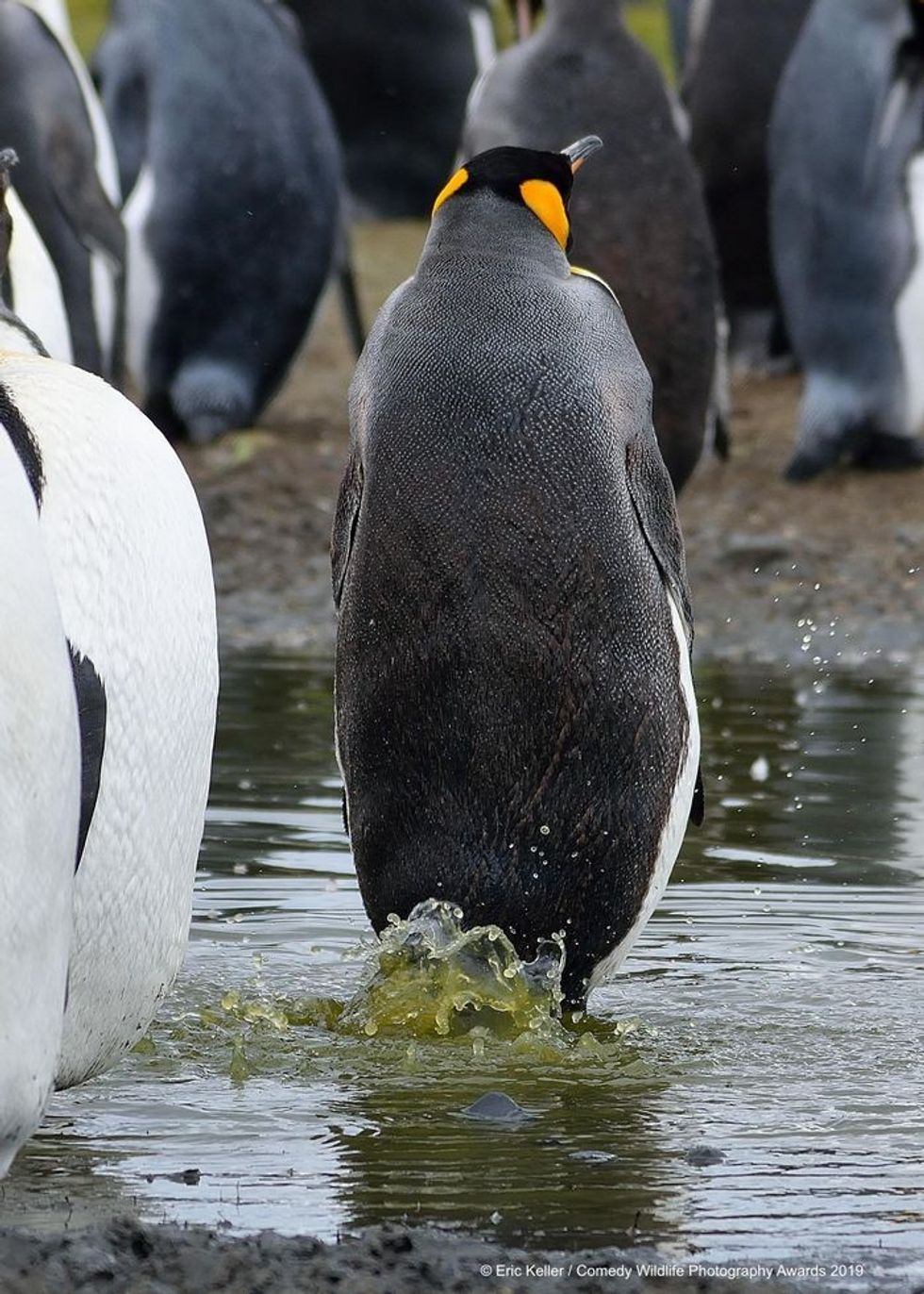 A penguin looks like its trying to appear inconspicuous
A penguin looks like its trying to appear inconspicuous A young squirrel smells a flower
A young squirrel smells a flower An insect appears to be smiling and waving at the camera
An insect appears to be smiling and waving at the camera An otter lies on its side apparently cracking up laughing
An otter lies on its side apparently cracking up laughing Two monkeys caught procreating
Two monkeys caught procreating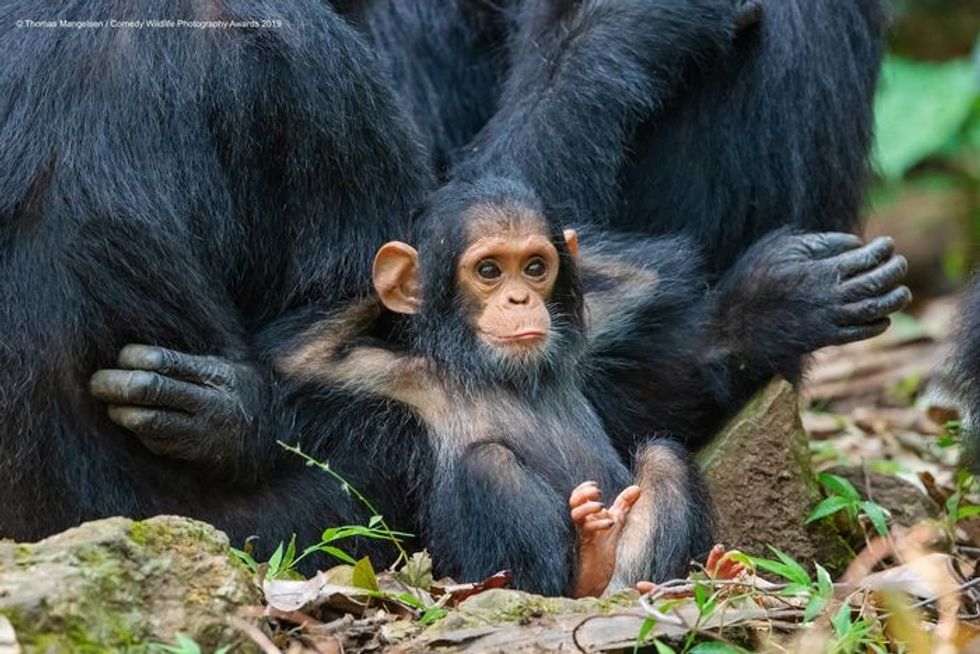 A young chimp relaxes with its hands behind its head
A young chimp relaxes with its hands behind its head A snowy owl appears to be smiling
A snowy owl appears to be smiling  A monkey holds finger to face as if it's lost in thought
A monkey holds finger to face as if it's lost in thought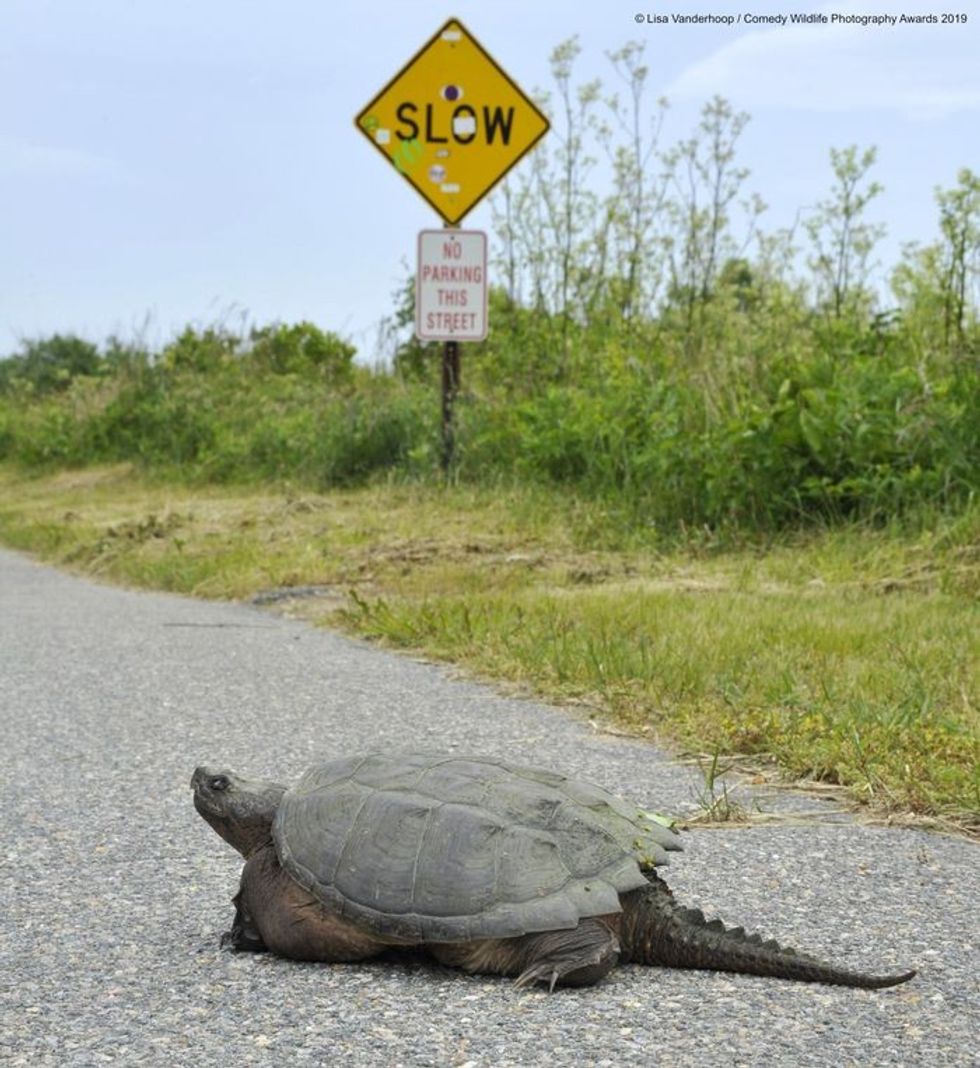 A turtle crossing the road under a 'slow' sign
A turtle crossing the road under a 'slow' sign A polar bear lies on its back like it's trying to hide
A polar bear lies on its back like it's trying to hide A rodent strikes human-like pose
A rodent strikes human-like pose
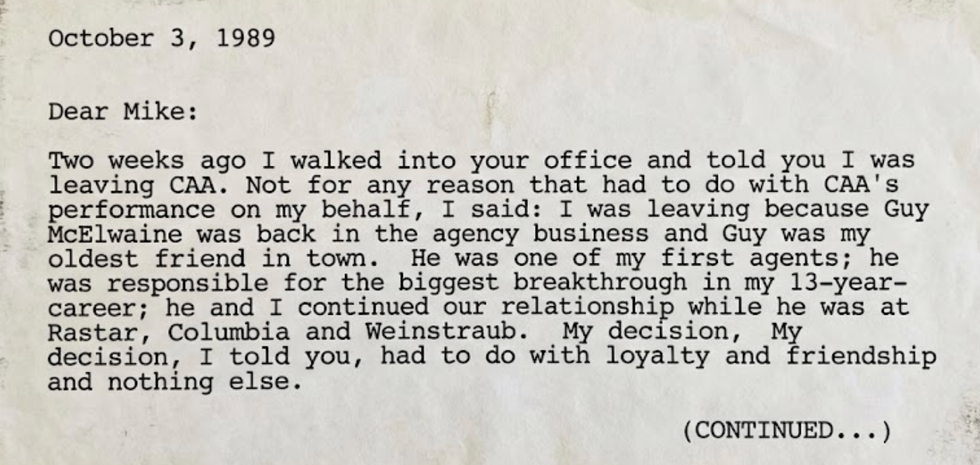 An excerpt of the faxCanva
An excerpt of the faxCanva

 Robert Redford advocating against the demolition of Santa Monica Pier while filming "The Sting" 1973
Robert Redford advocating against the demolition of Santa Monica Pier while filming "The Sting" 1973


 Image artifacts (diffraction spikes and vertical streaks) appearing in a CCD image of a major solar flare due to the excess incident radiation
Image artifacts (diffraction spikes and vertical streaks) appearing in a CCD image of a major solar flare due to the excess incident radiation